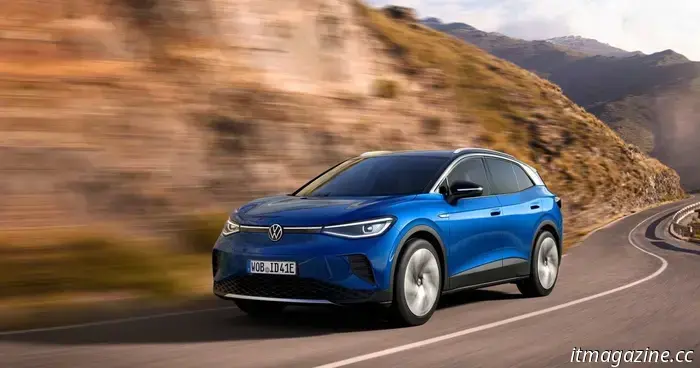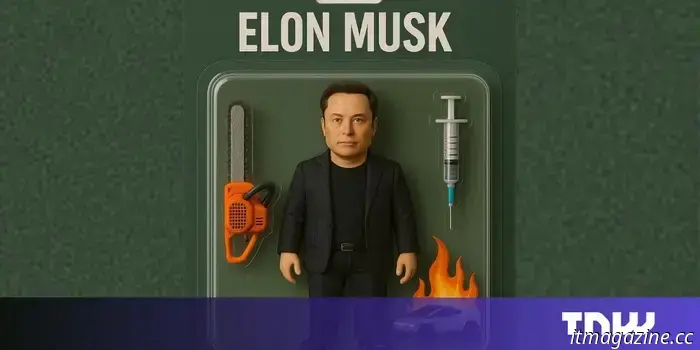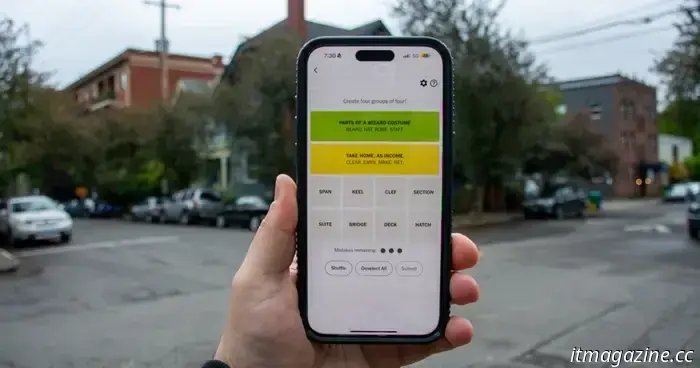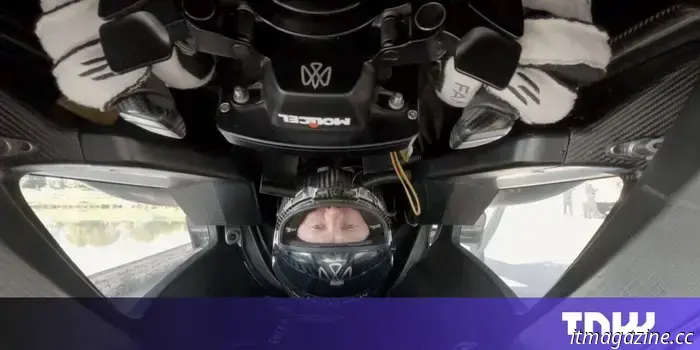
Electric vehicles surpass gasoline cars in German reliability report — yet one persistent weakness remains.
Electric vehicles are steadily dispelling outdated beliefs about their fragility and lack of reliability, and the evidence now strongly supports this shift. Data from Germany’s ADAC, the largest roadside assistance provider in Europe, shows that EVs are actually more dependable than vehicles with internal combustion engines (ICE). This conclusion is drawn from an extensive analysis of 3.6 million breakdowns in 2024 alone.
For cars registered between 2020 and 2022, EVs recorded an average of just 4.2 breakdowns per 1,000 vehicles, while ICE vehicles experienced more than twice this amount, averaging 10.4 per 1,000. Even as the number of EVs on the road increased, they accounted for only 1.2% of total breakdowns — a significant achievement for electric vehicles.
Among the most reliable vehicles, several models demonstrated particularly low breakdown rates. The Audi A4 achieved a remarkable 0.4 breakdowns per 1,000 vehicles for 2022 models, closely followed by Tesla’s Model 3 at 0.5. The Volkswagen ID.4, another favored EV, also showed impressive numbers at 1.0, along with the Mitsubishi Eclipse Cross at 1.3. Conversely, some vehicles stood out with much higher rates: the Hyundai Ioniq 5 recorded a surprising 22.4 breakdowns per 1,000 vehicles for 2022 models, while the hybrid Toyota RAV4 had 18.4.
Interestingly, the most frequent issue for both EVs and ICE cars was the same: the traditional 12-volt battery. Despite the advanced technology in EVs, this classic component accounted for 50% of all EV breakdowns and 45% for gas-powered vehicles. In contrast, EVs tend to excel in areas like engine management and electrical systems, where traditional engines often face greater complexity and failure rates.
However, EVs do have slight shortcomings. They experienced a marginally higher incidence of tire-related issues, with 1.3 breakdowns per 1,000 vehicles compared to 0.9 for ICE vehicles. This could be attributed to their increased weight and torque, which may lead to quicker tire wear. Nevertheless, this trend is diminishing in newer EV models as advancements in tire technology and vehicle adjustments are made.
Looking beyond Germany, a 2024 Consumer Reports study in the U.S. presented a different perspective. It indicated that EVs, particularly newer models, encountered more reliability problems than gas vehicles, citing technological glitches and inconsistent build quality. However, it’s important to mention that the American study primarily focused on owner-reported issues rather than just roadside breakdowns.
Therefore, while the long-term narrative is still unfolding, particularly for older EV models, the data from Germany suggests that in terms of keeping drivers on the road, EVs are making significant strides — quietly, efficiently, and with far fewer breakdowns than previously thought.
Nick Godt has been reporting on global business news across three continents for over 25 years.
Sports enthusiasts, here’s why the latest Apple CarPlay update is essential.
Apple has introduced iOS 18.4 along with the latest enhancements to Apple CarPlay, which now includes sports support. Among several new features, like a third row of icons on larger displays and default navigation app options for the EU, the sports applications are particularly noteworthy.
The Polestar 2 is set to receive an audio upgrade from Bowers & Wilkins.
A new model of the popular Polestar 2 EV is on the horizon, as the Swedish company has announced a 2026 update that will first launch in Europe before expanding to other regions later this year. The 2026 Polestar 2 will feature a new audio system and an improved infotainment system, along with a new battery that charges more quickly.
The audio system, offered by Bowers & Wilkins, can be added as an optional enhancement and includes 14 speakers throughout the vehicle for a total output of 1,350 Watts. Audio enthusiasts will appreciate additional features such as "Tweeter-on-Top technology" for improved audio clarity, as well as speakers designed to reduce distortion.
Rivian plans to enable unmapped roads for Gen2 vehicles.
Rivian enthusiasts will be pleased to hear that just weeks ago, Rivian implemented automated, hands-free driving for its second-generation R1 vehicles via a revolutionary software update. However, this new feature currently operates only on mapped highways, leaving many fans eager for more.
The company, known for its responsiveness to customer demands, has quickly indicated that a ‘map-free’ upgrade will be rolled out later this year. “One of the key pieces of feedback we’ve received is that customers enjoy [Highway Assist] but they want to use it in more locations,” said James Philbin, Rivian’s VP of autonomy, during the RivianTrackr Hangouts podcast. “This is something





Other articles
 The trend of AI action figures on LinkedIn is "clearly not sustainable," cautions a UK tech entrepreneur.
According to Mel Morris, the former chairman of King, the company behind Candy Crush, the trend of LinkedIn AI action figures comes with a significant environmental impact.
The trend of AI action figures on LinkedIn is "clearly not sustainable," cautions a UK tech entrepreneur.
According to Mel Morris, the former chairman of King, the company behind Candy Crush, the trend of LinkedIn AI action figures comes with a significant environmental impact.
 Save $618 on the Beatbot AquaSense 2 Ultra.
Limited time offer! Save $618 on the AI-driven Beatbot AquaSense 2 Ultra 5-in-1 pool cleaner (Originally $3499). This deal ends on April 27! Purchase now on Beatbot or Amazon.
Save $618 on the Beatbot AquaSense 2 Ultra.
Limited time offer! Save $618 on the AI-driven Beatbot AquaSense 2 Ultra 5-in-1 pool cleaner (Originally $3499). This deal ends on April 27! Purchase now on Beatbot or Amazon.
 NYT Connections: clues and solutions for Tuesday, April 15.
Connections is the latest puzzle game from the New York Times, and it can be pretty challenging. If you require assistance in solving today's puzzle, we're here to support you.
NYT Connections: clues and solutions for Tuesday, April 15.
Connections is the latest puzzle game from the New York Times, and it can be pretty challenging. If you require assistance in solving today's puzzle, we're here to support you.
 These are the Nintendo Switch 2 follow-ups that I am eager to see.
Many Switch games warrant a sequel on the Switch 2, but these particular titles could truly benefit from the capabilities of Nintendo's new console.
These are the Nintendo Switch 2 follow-ups that I am eager to see.
Many Switch games warrant a sequel on the Switch 2, but these particular titles could truly benefit from the capabilities of Nintendo's new console.
 How the McMurtry Spéirling achieved the distinction of being the first car to drive upside down.
Car enthusiasts have long wished for extreme downforce to enable cars to drive upside down. The automaker McMurtry has made this dream a reality.
How the McMurtry Spéirling achieved the distinction of being the first car to drive upside down.
Car enthusiasts have long wished for extreme downforce to enable cars to drive upside down. The automaker McMurtry has made this dream a reality.
 Honor is leveraging AI to enhance your smartphone photos, making them not only better but also larger.
Honor has recently introduced several updates related to AI that will be integrated into its smartphones, featuring a new photo editing tool known as AI outpainting.
Honor is leveraging AI to enhance your smartphone photos, making them not only better but also larger.
Honor has recently introduced several updates related to AI that will be integrated into its smartphones, featuring a new photo editing tool known as AI outpainting.
Electric vehicles surpass gasoline cars in German reliability report — yet one persistent weakness remains.
According to Germany’s ADAC, which is Europe’s largest roadside assistance provider, electric vehicles (EVs) are now more dependable than vehicles with internal combustion engines (ICE).
